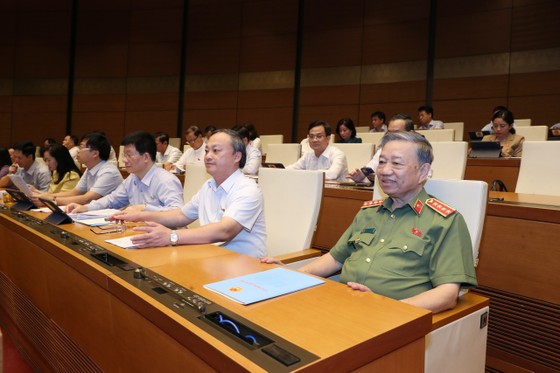 |
Discussion session on the afternoon of June 22. Photo: QUANG PHUC |
Regarding the draft's scope of regulation, which is Vietnamese people living in Vietnam but whose nationality has not been determined, there are still different opinions.
According to Vice Chairman of the National Assembly Tran Quang Phuong, through group discussions, 34 delegates agreed to the Law on Identification, 3 opinions suggested clearly assessing the impact, 38 opinions suggested keeping the name of the Law on CCCD as before and suggested reviewing the scope and subjects of the draft law, and were concerned about the need for electronic identification management.
Regarding the regulations on granting identity certificates and managing people of Vietnamese origin, there are 49 opinions that are still concerned and request clarification of the rationality of granting identity certificates to people of Vietnamese origin, the legal value at home and abroad, and the impact on national defense and security when using this document.
Regarding the information of the CCCD in the national database on population and information in the identification database, there were 90 opinions requesting clarification of the necessity and basis for regulating 24 information fields in accordance with the provisions of the Constitution on the protection of personal privacy. At the same time, there should be a principle to ensure feasibility, there were opinions requesting to divide into mandatory information and optional information according to the needs of the people and review the information to regulate appropriately.
Regarding the content shown on the ID card, there were 49 comments suggesting additional assessment of the impact of regulations on information shown on the ID card; reviewing and adjusting the content accordingly.
These contents continued to have many different opinions at the discussion session in the hall on the afternoon of June 22.
Deputy Pham Van Hoa (Dong Thap) agreed to issue identity cards to people of Vietnamese origin living in Vietnam but whose nationality has not been determined in order to ensure human rights as well as facilitate management. There are currently over 31,000 Vietnamese people living in Vietnam but whose nationality has not been determined. They do not have identity papers, most of them are in great economic difficulty, do not enjoy social security policies because they do not have permanent residence registration, and their children cannot go to school because they do not have birth certificates, leaving a burden on society.
“These people live in a peaceful country but live illegally. If something happens, we don’t know where they are and it’s difficult to track them down because there are no records. Therefore, it is necessary to issue ID cards to these people,” said Deputy Pham Van Hoa.
But Deputy Hoa also said that the issuance of ID cards to this subject needs to be done carefully to prevent criminals from taking advantage to legalize legal documents.
“I propose that those who issue this type of ID card must be assured that confidential information will be shown on paper; they will not be issued electronic ID cards,” said Deputy Pham Van Hoa.
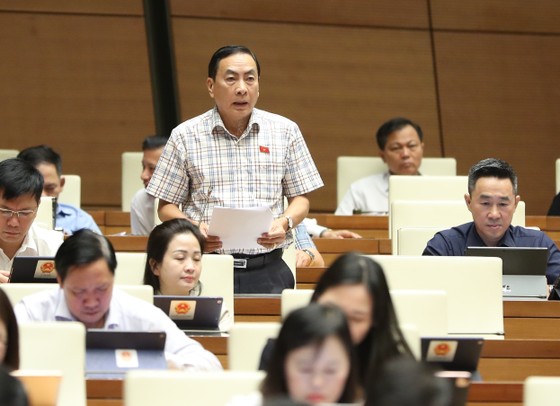 |
Delegate Pham Van Hoa (Dong Thap). Photo: QUANG PHUC |
Deputy Tran Cong Phan (Binh Duong province) argued against changing the law's name from the CCCD Law to the ID Law just to expand the scope of regulation. The deputy said that the CCCD card is for Vietnamese citizens, while for more than 31,000 Vietnamese people of unidentified nationality, there should be another card to manage and facilitate them.
"Because of those 31,000 people, all 80 million Vietnamese citizens cannot change their citizen identification cards to citizen identification cards," said Deputy Tran Cong Phan. He believes that citizen identification cards must come from citizens, so he does not agree to change the name from the Citizen Identification Law to the Citizen Identification Law.
Some opinions also suggest that this issue should be considered, the regulations when issuing, or temporary ID cards should be issued to people of Vietnamese origin living in Vietnam but whose nationality has not been determined.
 |
| National Assembly Chairman Vuong Dinh Hue talks with Minister of Public Security To Lam at the meeting on the afternoon of June 22. Photo: QUANG PHUC |
Opinions also suggest clearly stipulating that personal information in national population data and personal identification data must be kept confidential. Except for law enforcement agencies exploiting when individuals violate the law, other cases requiring data exploitation must have the consent of that individual; there must be a request for identity verification in individual cases and the consent of the agency managing identification and population data.
"The management agency must be responsible for confidentiality if personal information is leaked and exploited by bad guys, affecting people's lives," said Deputy Pham Van Hoa.
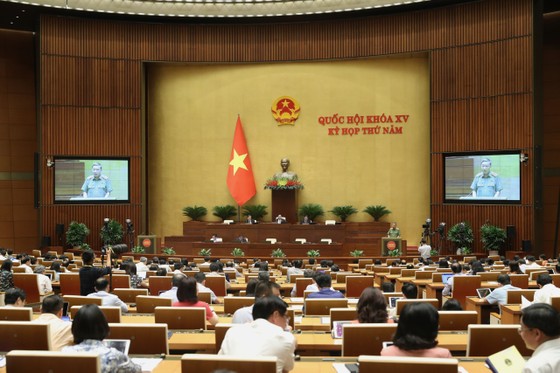 |
Discussion session on the afternoon of June 20. Photo: QUANG PHUC |
Some opinions suggest changing information on the CCCD card such as hometown... Information on registering the place of birth in the CCCD is also unnecessary, because in reality there are many cases with many changes; similarly, there should not be information on the citizen's permanent residence because many people change frequently.
However, Deputy Nguyen Thi Thuy (Bac Kan) suggested considering removing the place of birth on the CCCD card, because that helps identify people, and only agencies and organizations that are allowed to exploit information on the national database on population and use specialized equipment licensed by the Ministry of Public Security can exploit the information integrated in the card.
Deputy Pham Van Hoa said that it is possible to redesign duplicate and unnecessary information such as blood type, current residence (citizens with permanent or temporary residence), date of death or disappearance, temporary absence status, etc.
The delegate also said that it is necessary to specify which information must be updated and which information should only be applied to individual cases. Information in the identification database about occupation and DNA should also be considered, because occupations can change over time, not everyone has their DNA tested, if citizens are forced to be tested, it will be very expensive...
Source










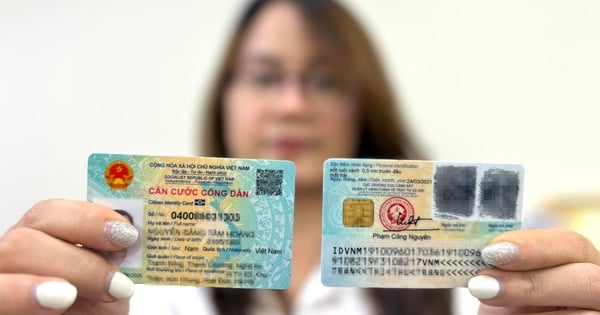

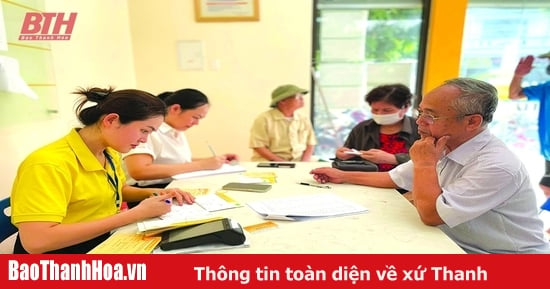

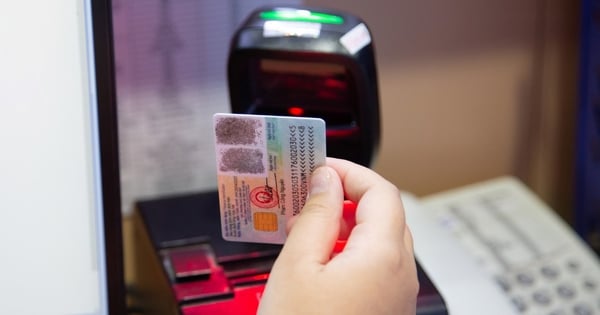

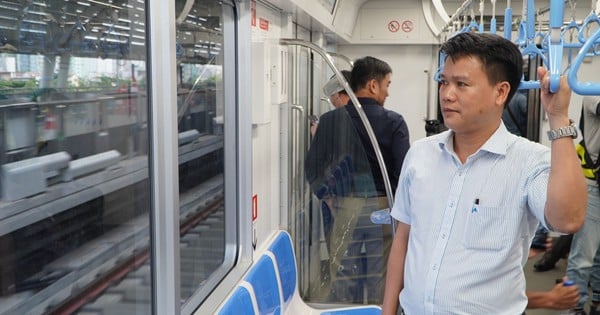



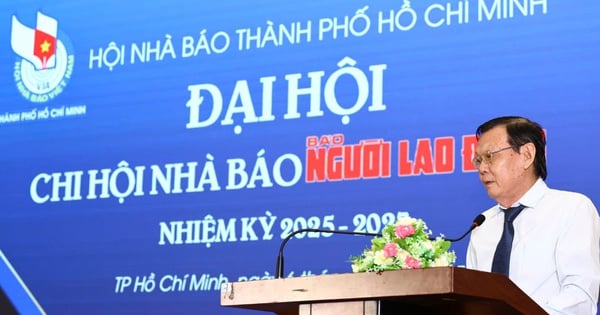
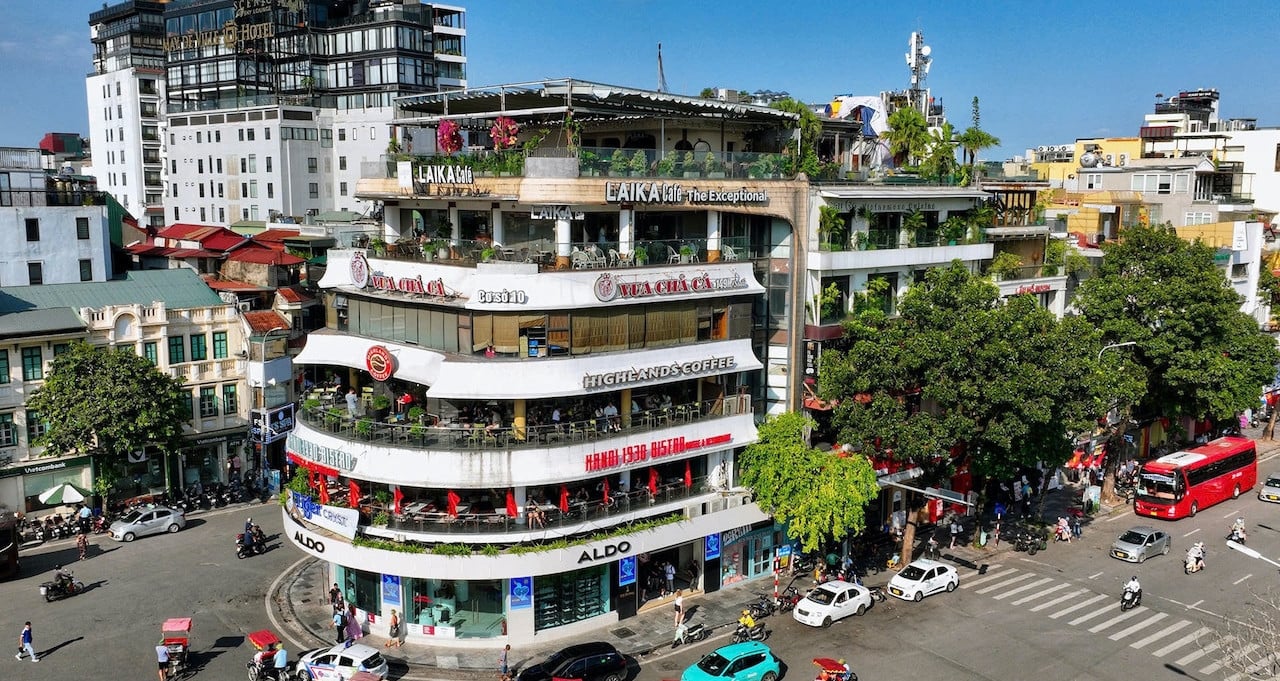

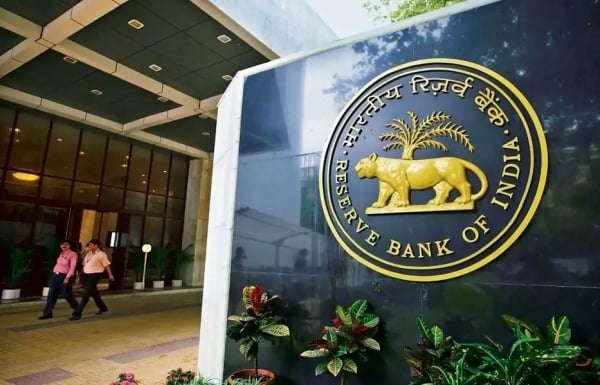

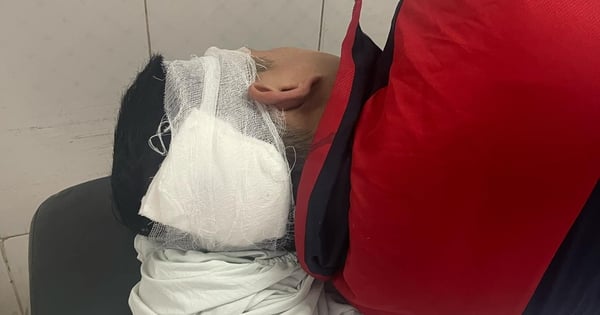

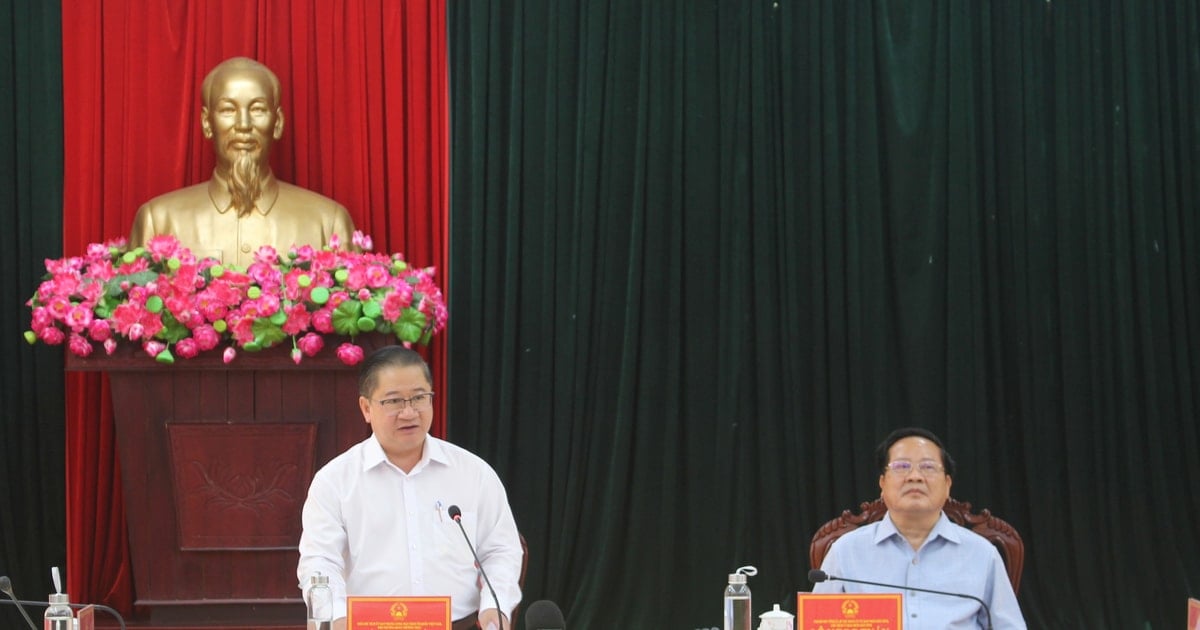




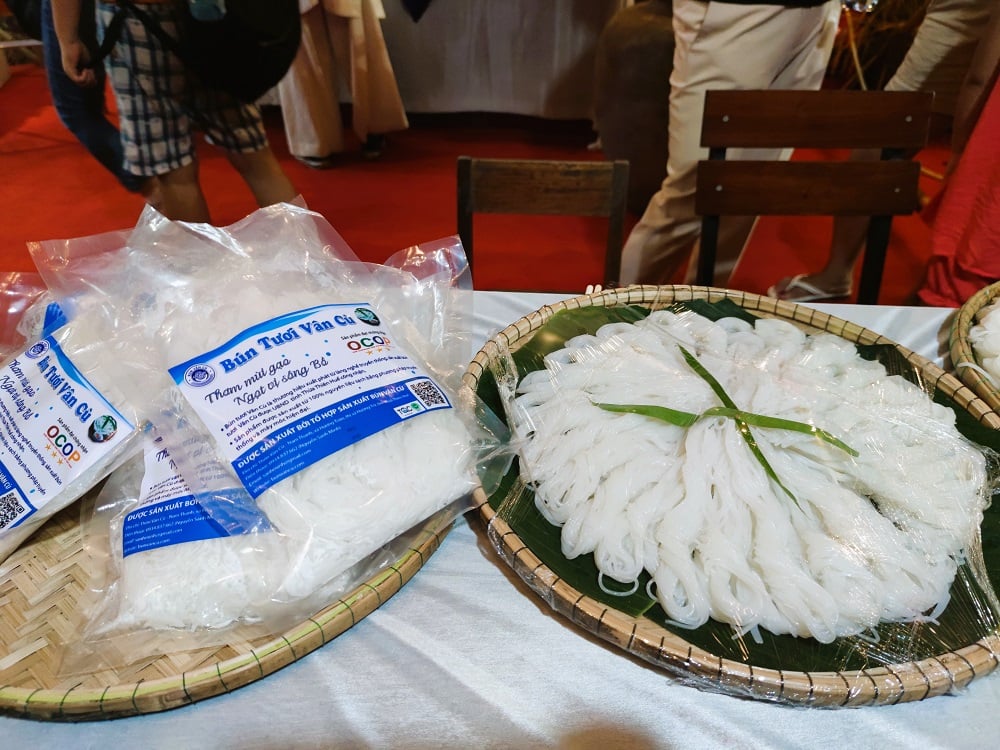
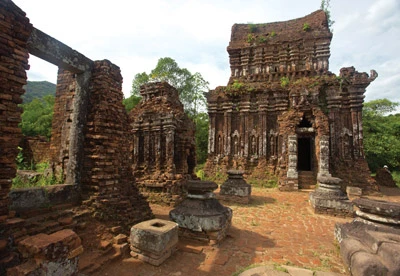
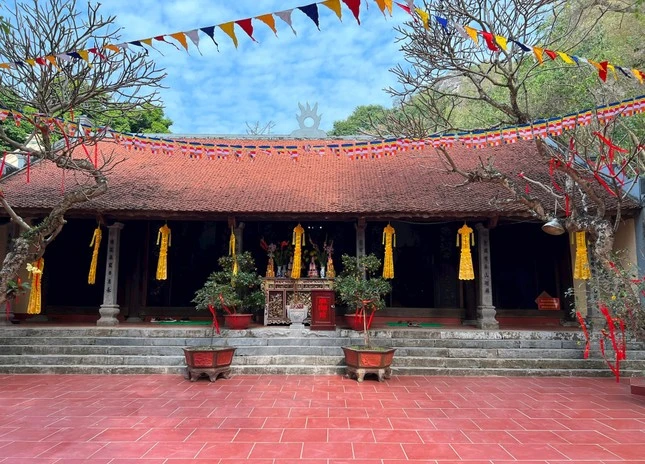
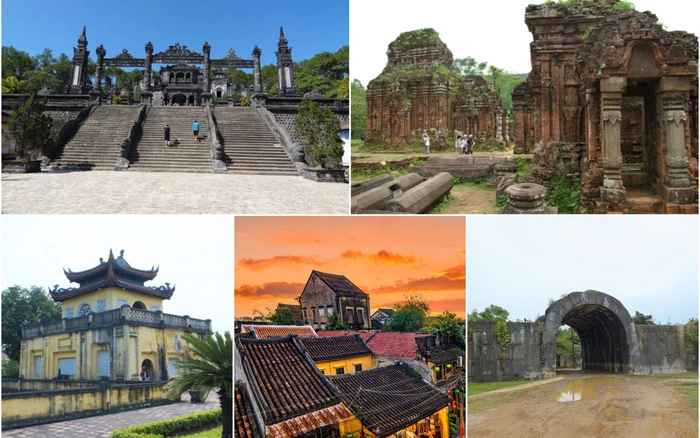
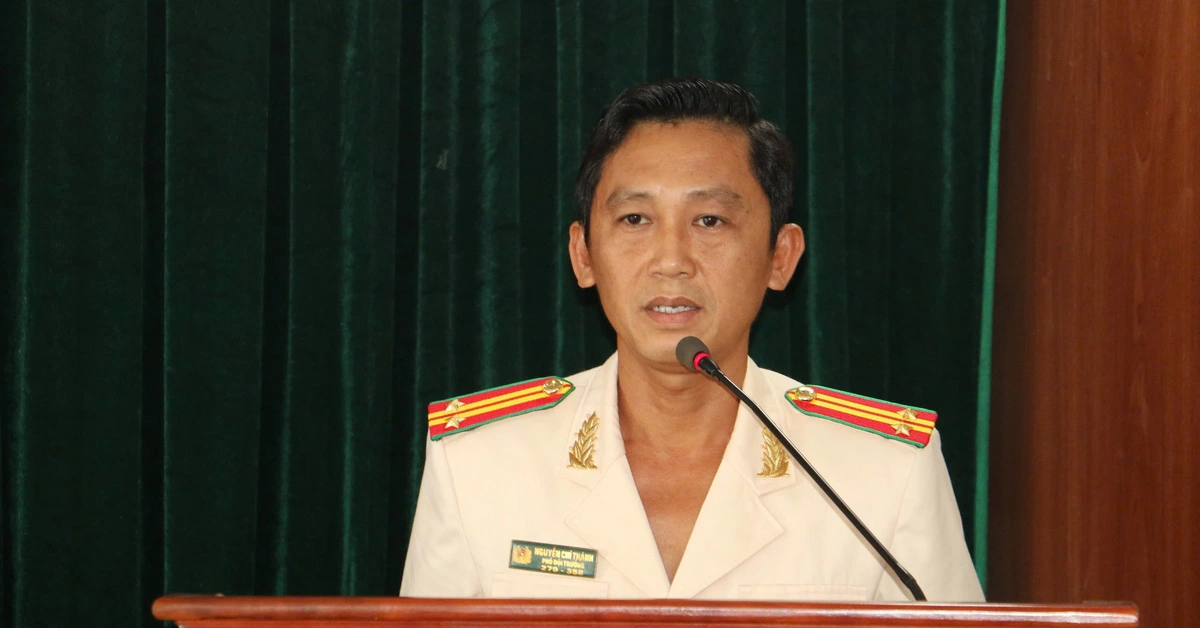

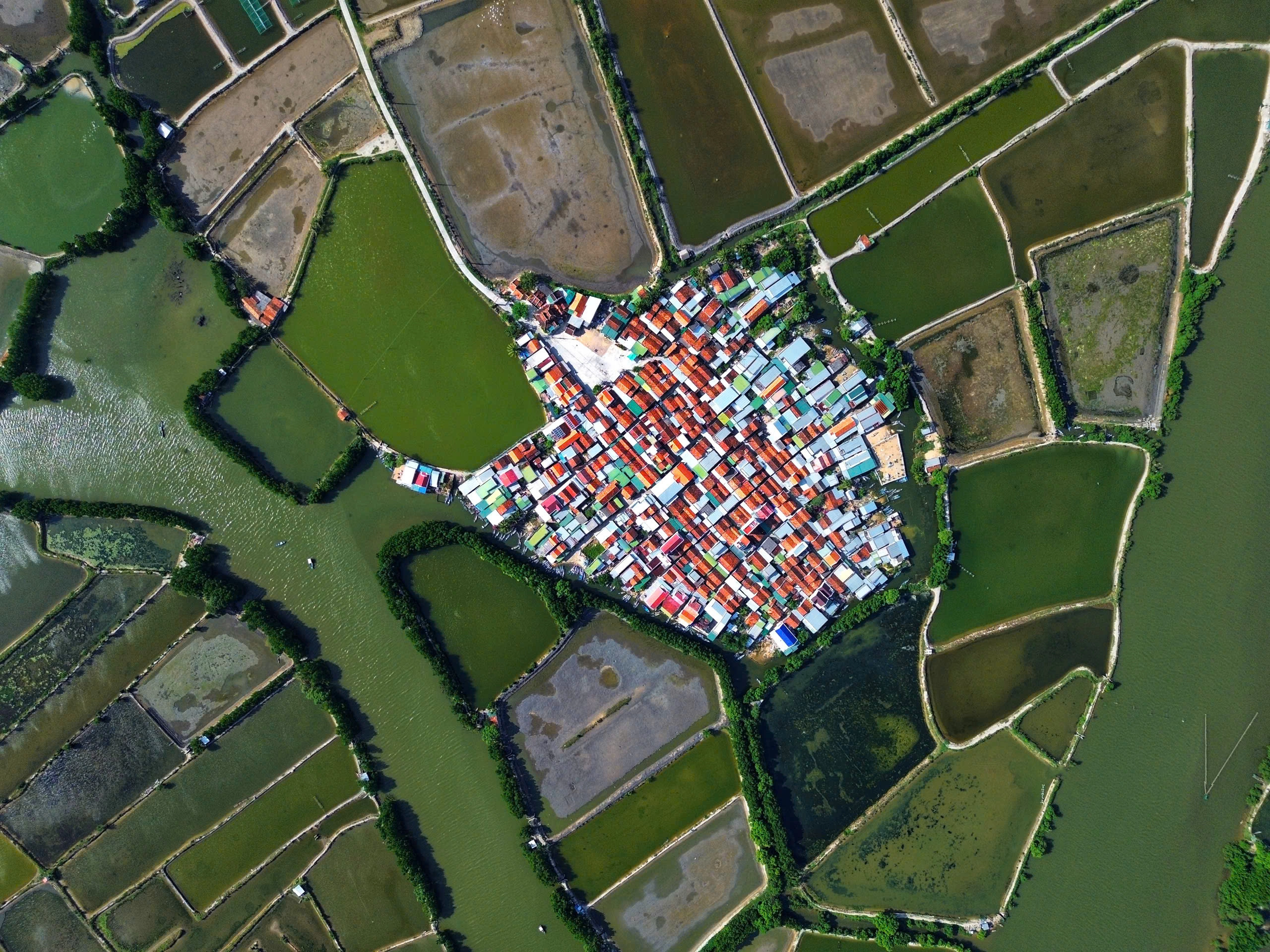




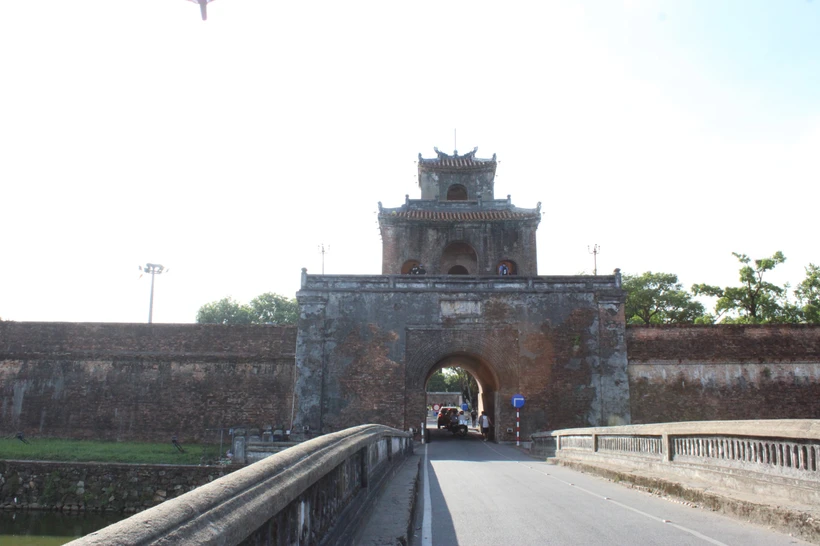








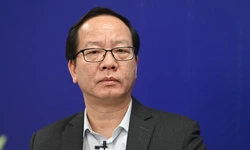














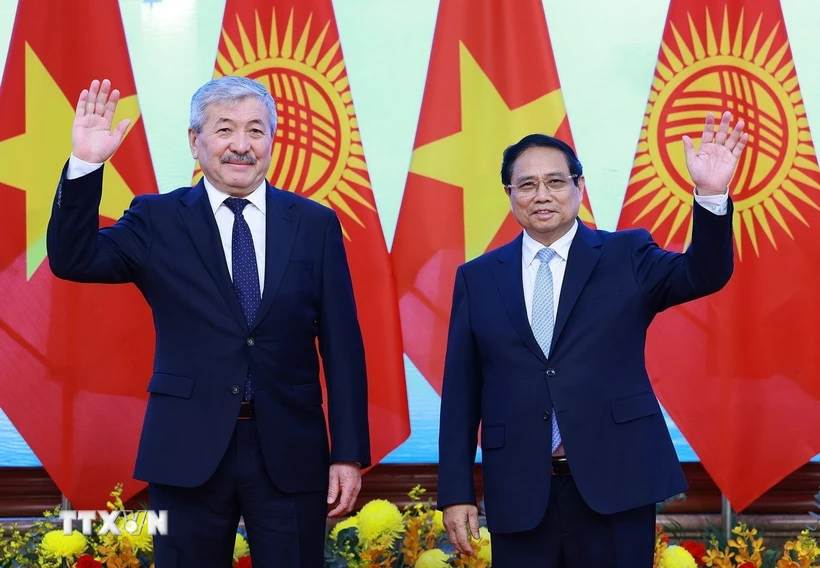


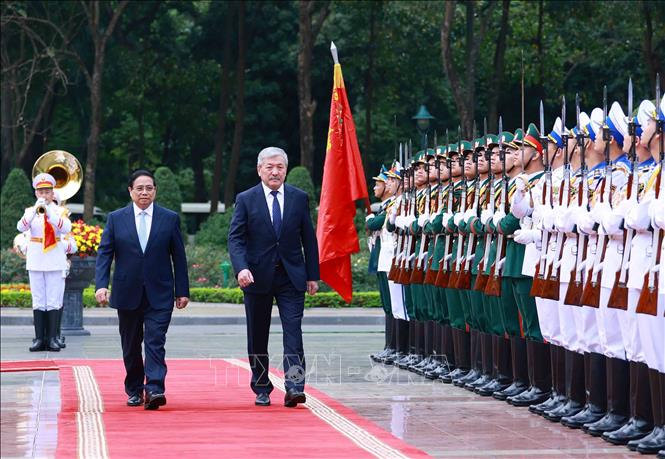

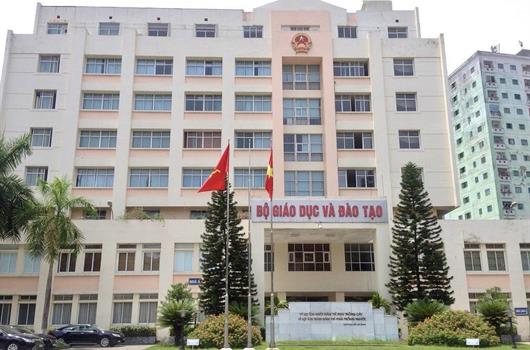

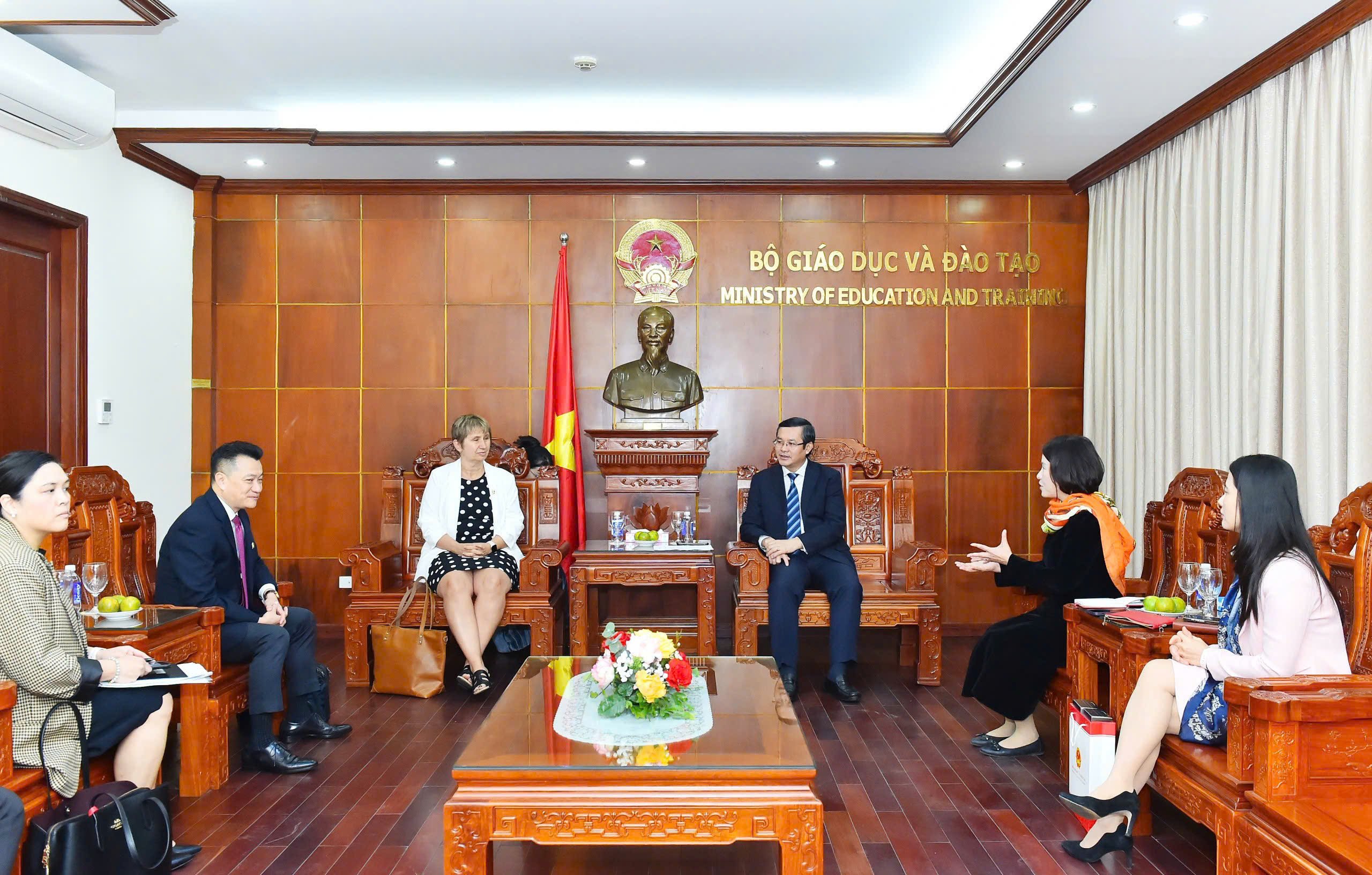


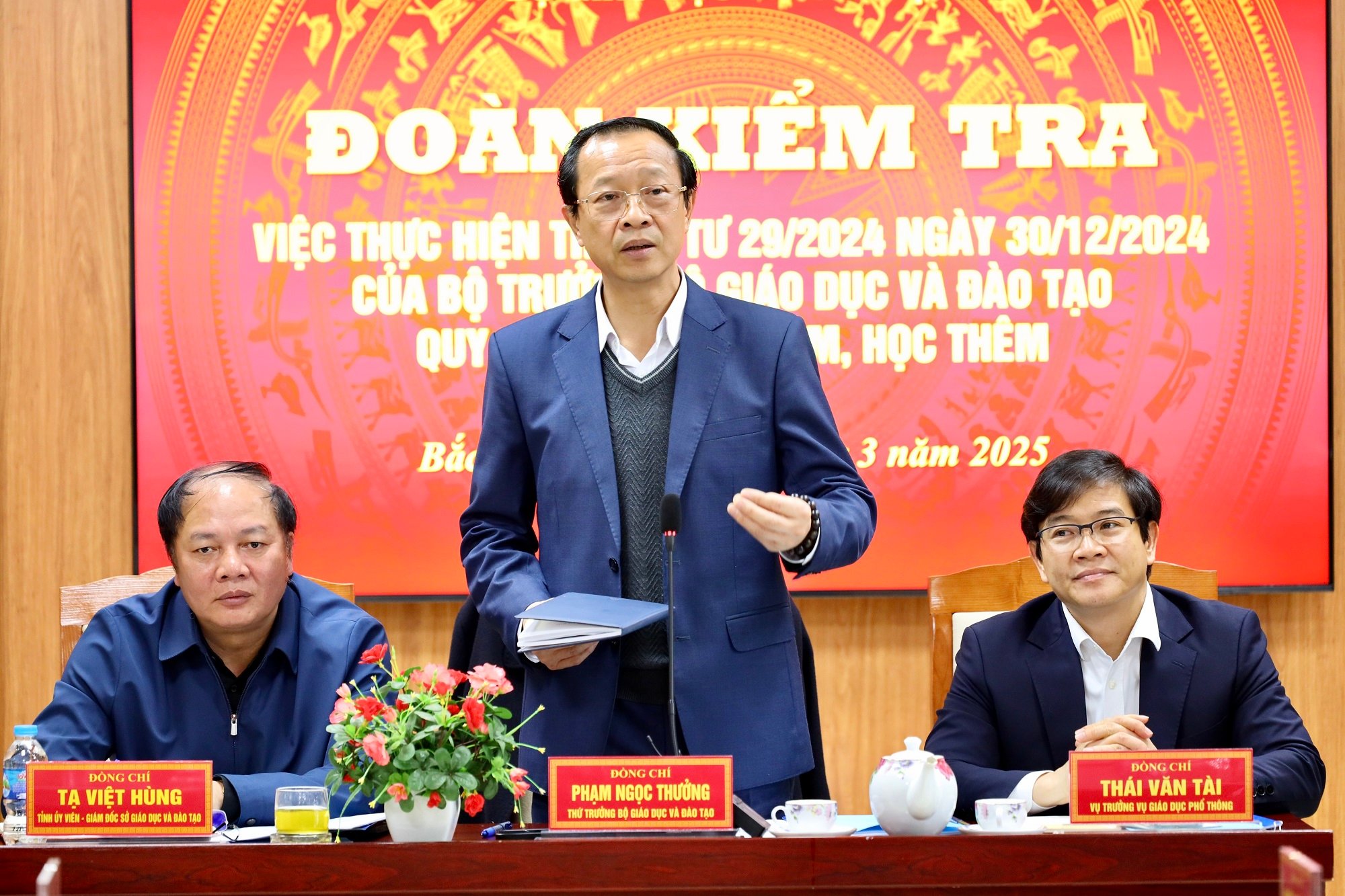

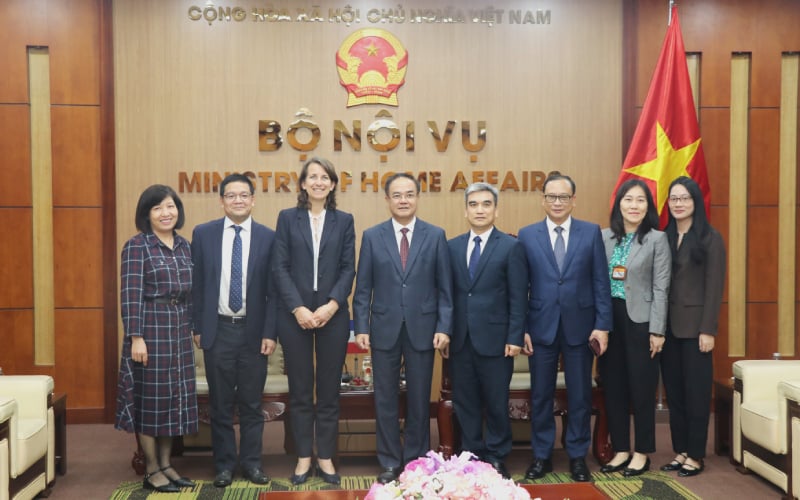








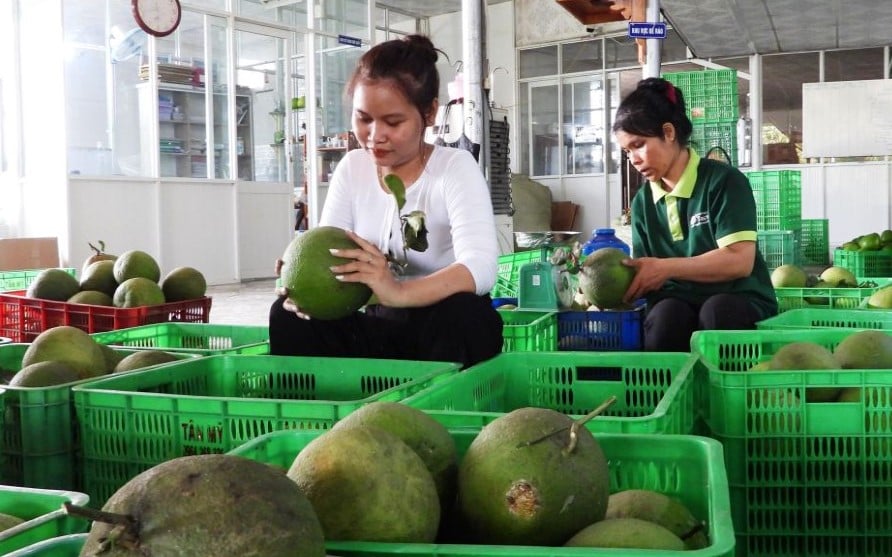
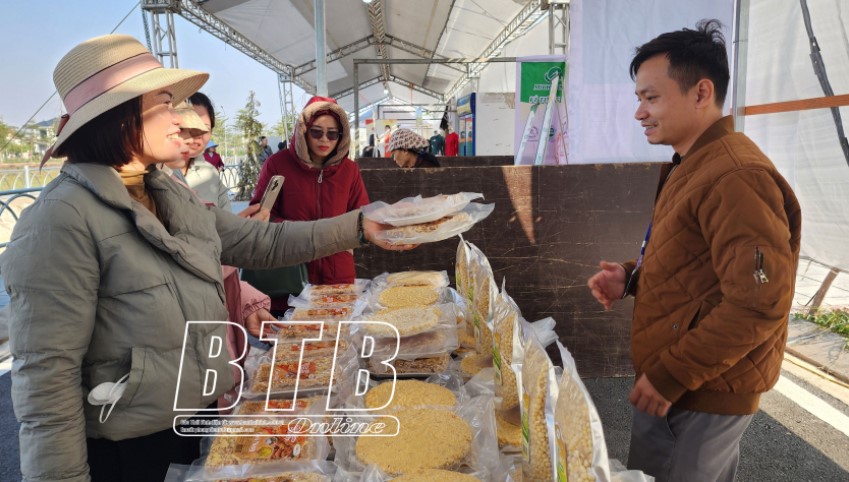

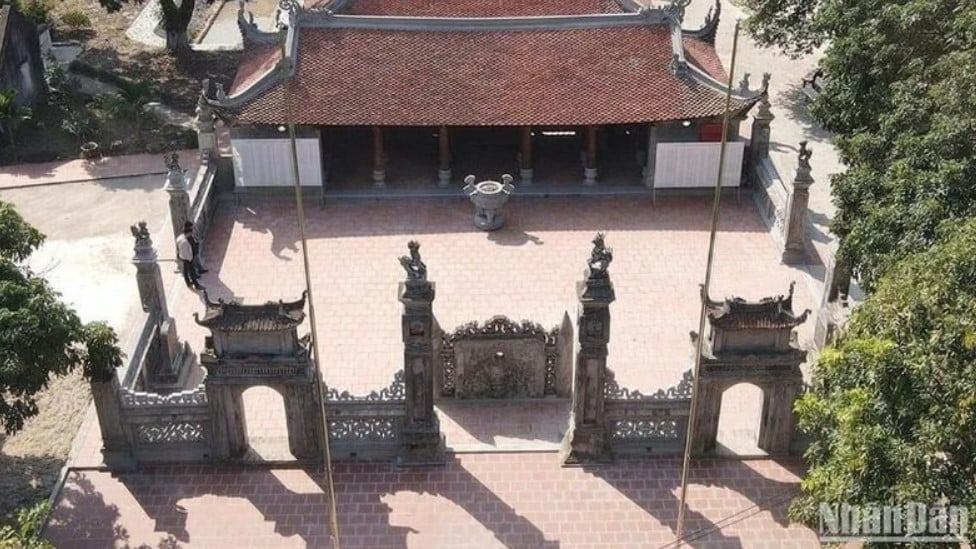
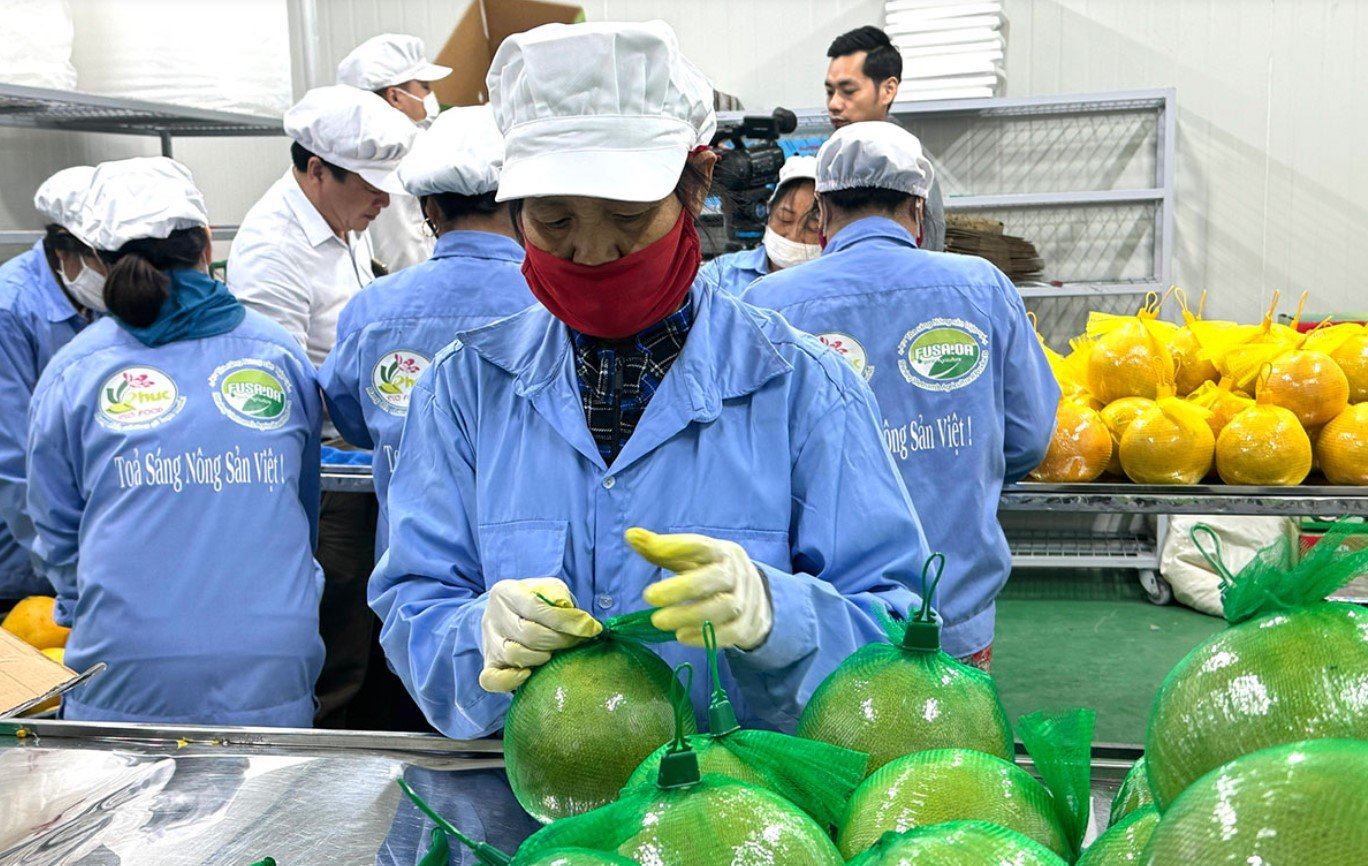



Comment (0)